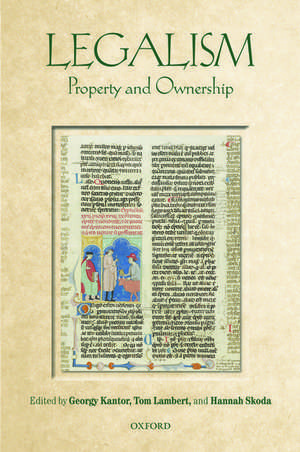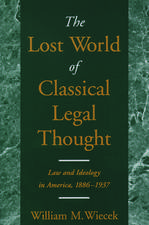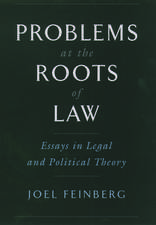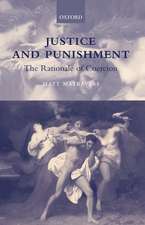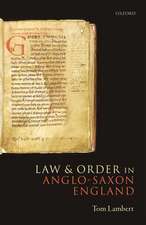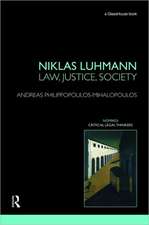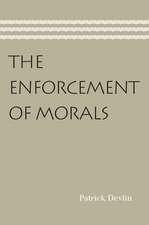Legalism: Property and Ownership: Legalism
Editat de Georgy Kantor, Tom Lambert, Hannah Skodaen Limba Engleză Hardback – 29 noi 2017
Preț: 590.27 lei
Preț vechi: 843.68 lei
-30% Nou
Puncte Express: 885
Preț estimativ în valută:
112.97€ • 117.63$ • 95.47£
112.97€ • 117.63$ • 95.47£
Carte tipărită la comandă
Livrare economică 24 februarie-03 martie
Preluare comenzi: 021 569.72.76
Specificații
ISBN-13: 9780198813415
ISBN-10: 0198813414
Pagini: 314
Dimensiuni: 164 x 241 x 27 mm
Greutate: 0.72 kg
Editura: OUP OXFORD
Colecția OUP Oxford
Seria Legalism
Locul publicării:Oxford, United Kingdom
ISBN-10: 0198813414
Pagini: 314
Dimensiuni: 164 x 241 x 27 mm
Greutate: 0.72 kg
Editura: OUP OXFORD
Colecția OUP Oxford
Seria Legalism
Locul publicării:Oxford, United Kingdom
Recenzii
The editors are to be commended for taking on such a cornerstone of private law with such sensitivity and integrity. If this volume is anything to go by, I hope that they will do many more.
Notă biografică
Georgy Kantor is a Fellow and Tutor in Ancient History at St John's College, Oxford. He works on Roman legal and institutional history, particularly on the eastern provinces of the Roman Empire, and on Greek and Latin inscriptions of the Roman period. He is also an associate editor of the Supplementum Epigraphicum Graecum.Tom Lambert is a Fellow in History at Sidney Sussex College, Cambridge. His publications include Law and Order in Anglo-Saxon England (2017), and he co-edited (with David Rollason), Peace and Protection in the Middle Ages (2009). His other publications range across early English legal topics, engaging with such themes as hospitality, sanctuary, legal privilege, theft, and violence. Hannah Skoda is an Associate Professor of History at the University of Oxford and a Fellow of St John's College. She is author of Medieval Violence: Physical Brutality in Northern France, c.1270- c. 1330 (2012), and co-editor (with Patrick Lantschner and Robert Shaw) of Contact and Exchange in Later Medieval Europe (2012) and (with Paul Dresch) of Legalism: Anthropology and History (2012). She has published on diverse themes of later medieval social and cultural history, and is currently working on expressions of nostalgia in the long fourteenth century.
